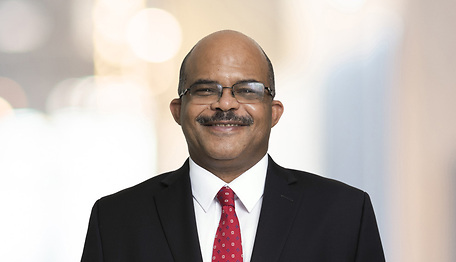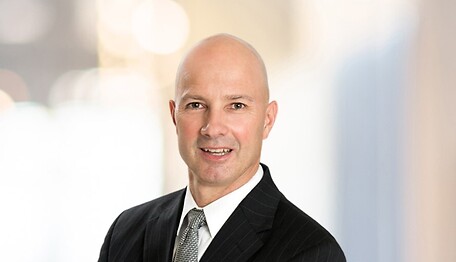Philadelphia Court Rejects Expert Methodology for Detecting Asbestos
Lawsuits against talcum powder manufacturers have recently made headlines for the multimillion dollar verdicts returned in favor of plaintiffs with ovarian cancer. However, lawsuits brought by individuals with mesothelioma who did not work in occupations traditionally associated with asbestos exposure represent another potential liability for talcum powder manufacturers and retailers. In such cases, expert testimony linking mesothelioma to trace amounts of asbestos in talcum powder should be carefully scrutinized.
In Philadelphia, two experts were recently prohibited from testifying in a lawsuit brought by a plaintiff who claimed her mesothelioma was caused by exposure to asbestos in talcum powder. In Brandt v. The Bon-Ton Stores, Inc., the plaintiff sought to introduce an experimental pathologist’s opinion that asbestos in the talcum powder caused her mesothelioma. The pathologist admitted that he modified several different generally accepted methodologies for evaluating the causal connection between mesothelioma and asbestos exposure. The plaintiff also sought to introduce a geologist’s testimony that the talcum powder she used contained a significant number of asbestos fibers that would have been released when she used the powder. The methodology underlying the geologist’s opinion consisted of individual elements of several different generally accepted asbestos detection protocols. The court described his approach as “a mishmash of scientifically accepted methodologies” selected for the purpose of reaching a desired but not scientifically valid result.
Because of the influential nature of expert testimony, courts act as a gatekeeper to ensure experts’ opinions are based on sound scientific principles. When the methodology underlying an expert’s opinion is challenged, the party offering the expert must prove that the expert’s methodology is generally accepted in the relevant field. Because both experts in Brandt modified and therefore deviated from generally accepted methodology, the court determined that neither expert’s contrived methodology met the requirements of the Frye or Betz tests. Accordingly, the court deemed their opinions to be inadmissible.
If you have any questions or would like additional information, please contact Christian Singewald (singewaldc@whiteandwilliams.com; 302.467.4510), Wesley Payne (paynew@whiteandwilliams.com; 215.864.7076), or Jonathan Woy (woyj@whiteandwilliams.com; 215.864.6354).
PRACTICE AREAS
Practice Areas
KEY ATTORNEYS
-
Partner
-
Partner


